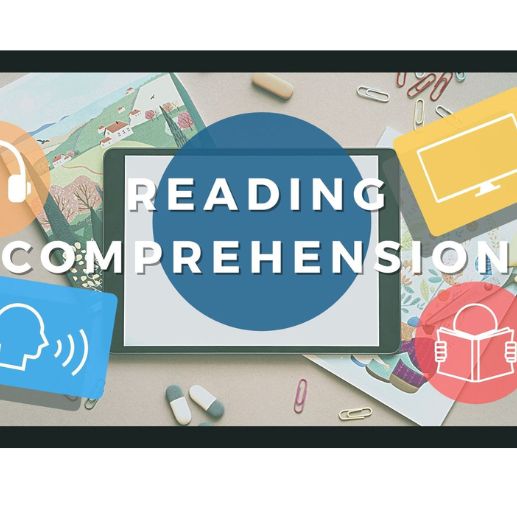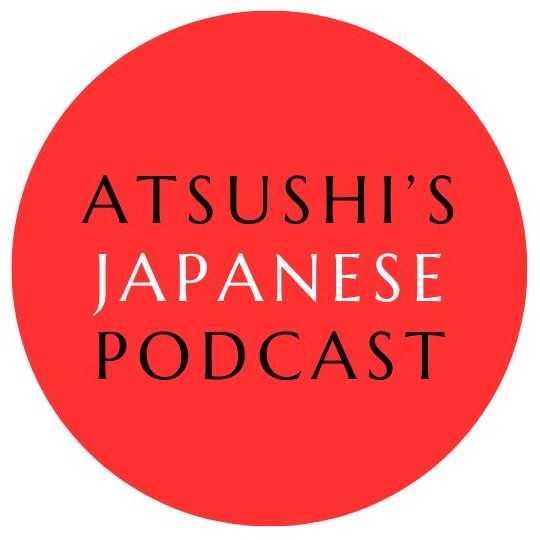
Alcohol-Free Beer Gaining Popularity, Even at Oktoberfest
Описание
The head brewmaster for Weihenstephan, the world's oldest brewery, has a secret: he really likes alcohol-free beer.
Even though he's quick to say he obviously enjoys real beer more, Tobias Zollo says he savors alcohol-free beer when he's working or eating lunch. It has the same taste but fewer calories than regular beer because the alcohol has been removed.
"You can't drink beer every day — unfortunately," he joked at the brewery in the German town of Freising, about 31 kilometers north of Munich.
Alcohol-free beer has been gaining popularity in recent years as beer consumption shrinks.
At the Weihenstephan brewery, which was founded in 1040, non-alcoholic beer now makes up 10% of the volume. The increase since they started making alcohol-free drinks in the 1990s, mirrors the statistics for the rest of Germany's beer industry.
"The people are unfortunately — I have to say that as a brewer — unfortunately drinking less beer," said Zollo. "If there's an alternative to have the crisp and fresh taste from a typical Weihenstephan beer, but just as a non-alcoholic version, we want to do that."
This summer, Munich's first alcohol-free beer garden opened near the city's main train station. And even at Oktoberfest alcohol-free beer is on the menu.
The festival, which began on September 21 and continues until October 6, has 18 large tents and all but two of them offer alcohol-free beer. The sober beverage costs the same as an alcoholic beer — between $15 and $17 for a 1-liter mug — but saves drinkers from a hangover.
"For people who don't like to drink alcohol and want to enjoy the Oktoberfest as well, I think it's a good option," Mikael Caselitz, 24, of Munich said at the festival. "Sometimes people feel like they have more fun with alcohol, which is not a good thing because you can also have fun without alcohol."
He added: "If you want to come and drink alcohol-free beer, nobody will judge you."
Канал подкастов
Practice Listening, Reading & Comprehension
Автор
Популярные выпуски

Atsushi のJapanese podcast (travel/news /文法・漢字・語彙/Osaka/Hokkaido/🇹🇷🇬🇪🇦🇲🇪🇸🇵🇹)
#483 🇯🇵OSAKA 観光MAPを作りました!(公園・自然)

Atsushi のJapanese podcast (travel/news /文法・漢字・語彙/Osaka/Hokkaido/🇹🇷🇬🇪🇦🇲🇪🇸🇵🇹)
#482 🇯🇵OSAKA 観光MAPを作りました!(観光、世界遺産)

Atsushi のJapanese podcast (travel/news /文法・漢字・語彙/Osaka/Hokkaido/🇹🇷🇬🇪🇦🇲🇪🇸🇵🇹)
#481 N3 漢字 努(ド)について!

Atsushi のJapanese podcast (travel/news /文法・漢字・語彙/Osaka/Hokkaido/🇹🇷🇬🇪🇦🇲🇪🇸🇵🇹)
#480 N3 漢字 助(ジョ)について!

Atsushi のJapanese podcast (travel/news /文法・漢字・語彙/Osaka/Hokkaido/🇹🇷🇬🇪🇦🇲🇪🇸🇵🇹)
#479 N3 漢字 利(リ)について!